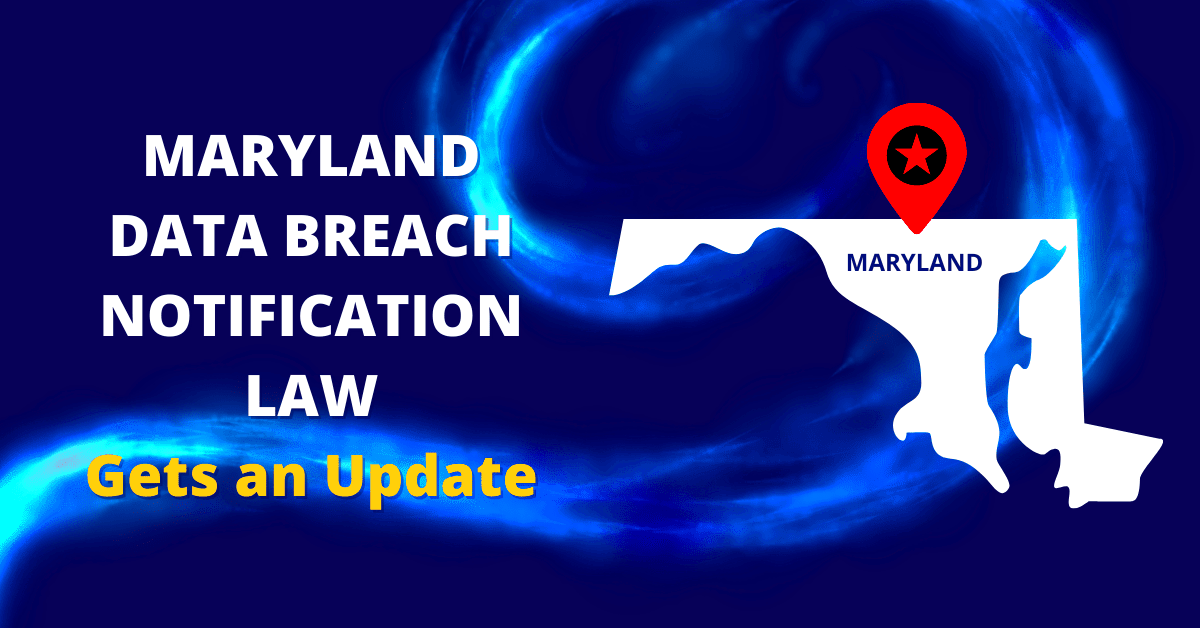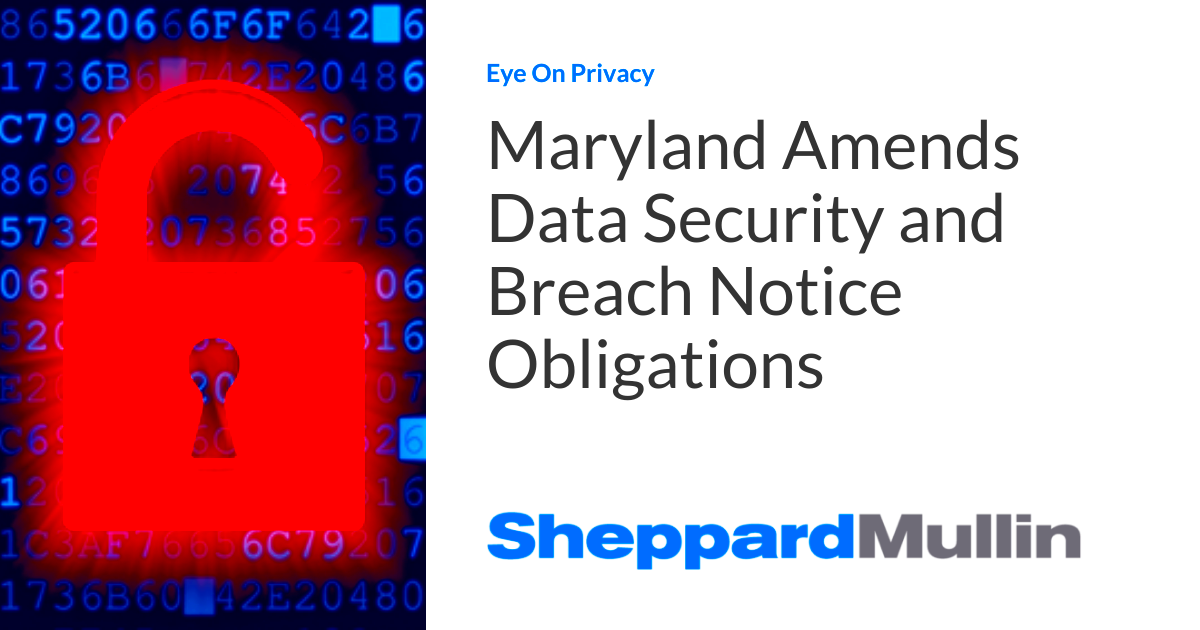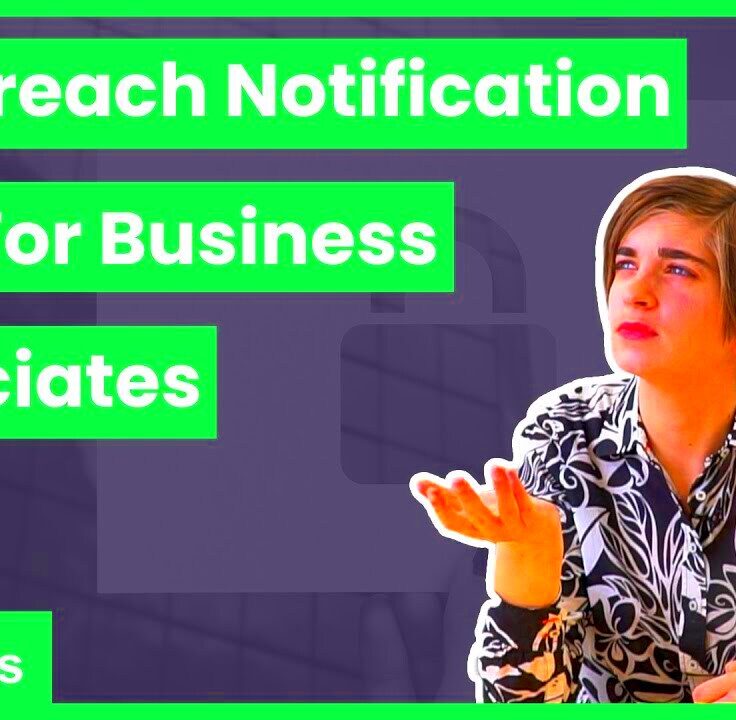Maryland Breach Notification Law: What Businesses Must Do
Maryland’s Breach Notification Law is designed to protect consumers by ensuring they are informed when their personal information has been compromised. This law applies to businesses that collect or maintain personal data of Maryland residents. It emphasizes transparency and accountability, requiring businesses to act swiftly when a data breach occurs. Understanding these requirements is essential for businesses to maintain trust and comply with the law.
Who Is Covered Under the Law

Under Maryland’s Breach Notification Law, several entities are required to comply:
- Businesses: Any company that conducts business in Maryland and collects personal information.
- Government Agencies: State and local government agencies that handle personal data.
- Third-Party Vendors: Companies that process data on behalf of businesses must also adhere to the law.
Personal information includes details such as:
- Names
- Social Security numbers
- Driver’s license numbers
- Financial account numbers
- Email addresses
It’s crucial for these entities to understand their responsibilities to protect consumer data effectively.
What Constitutes a Data Breach

A data breach occurs when personal information is accessed or disclosed without authorization. This can happen in various ways, including:
- Hacking: Cybercriminals infiltrating systems to steal data.
- Insider Threats: Employees misusing access to sensitive information.
- Physical Theft: Theft of devices such as laptops or smartphones containing personal data.
- Accidental Disclosure: Unintentional sharing of data due to human error.
Businesses must regularly assess their security measures and be vigilant about potential vulnerabilities. By understanding what constitutes a data breach, they can take proactive steps to mitigate risks.
Notification Requirements for Businesses
When a data breach occurs, Maryland law mandates that affected businesses must notify individuals whose personal information has been compromised. This requirement is crucial for maintaining consumer trust and ensuring transparency. Here’s what businesses need to keep in mind regarding notification:
- Method of Notification: Notifications can be delivered through various methods, including:
- Written notice sent by mail
- Electronic notice, such as email
- Phone calls for immediate concerns
- Content of Notification: The notification must include:
- A description of the breach and the types of personal information involved
- Contact information for further inquiries
- Steps individuals can take to protect themselves
- A statement encouraging individuals to report suspicious activity
- Additional Notifications: If a significant number of individuals are affected, businesses may also need to notify credit reporting agencies.
By understanding these notification requirements, businesses can ensure they are compliant and support their customers effectively during a breach incident.
Timeline for Providing Notifications
The timeline for notifying affected individuals is a critical aspect of Maryland’s breach notification law. Businesses must act promptly to ensure compliance and protect consumers. Here’s what you need to know:
- Immediate Notification: Businesses are required to notify affected individuals as soon as possible, but no later than:
- 45 days after discovering the breach
- Exceptions: In some cases, law enforcement may request a delay in notifications if they believe it could interfere with an investigation.
- Documentation: It’s essential for businesses to document the timeline of the breach, actions taken, and notifications sent. This can be crucial if questions arise later.
By adhering to this timeline, businesses can demonstrate their commitment to consumer safety and legal compliance.
Penalties for Non-Compliance
Failing to comply with Maryland’s breach notification law can lead to significant penalties for businesses. Understanding these consequences is vital for motivating compliance and protecting your organization. Here’s what you need to know:
- Financial Penalties: Businesses that do not notify affected individuals within the required timeframe may face fines up to:
- $100,000 for companies
- $50,000 for individuals
- Reputational Damage: Beyond financial penalties, non-compliance can lead to loss of consumer trust, resulting in long-term damage to a business’s reputation.
- Legal Consequences: Affected individuals may also pursue legal action against a business for failing to comply with notification requirements.
It’s clear that understanding and adhering to these regulations is crucial for businesses operating in Maryland to avoid serious repercussions.
Best Practices for Businesses to Follow
Staying compliant with Maryland’s breach notification law is essential, but it’s also important to take proactive steps to prevent data breaches. Implementing best practices can help businesses safeguard personal information and respond effectively if a breach does occur. Here are some key strategies:
- Conduct Regular Security Audits: Regularly assess your security measures to identify and address vulnerabilities.
- Employee Training: Train employees on data protection practices and how to recognize potential security threats.
- Data Encryption: Use encryption to protect sensitive data both in transit and at rest, making it more difficult for unauthorized individuals to access it.
- Access Controls: Limit access to personal information to only those employees who need it for their job functions.
- Incident Response Plan: Develop and regularly update an incident response plan that outlines steps to take in the event of a data breach.
By adopting these best practices, businesses can create a safer environment for personal data and minimize the risk of a data breach occurring.
How to Prepare for a Potential Data Breach
Preparation is key to effectively managing a data breach if it occurs. Here are some steps businesses can take to be ready:
- Create an Incident Response Team: Designate a team responsible for managing data breaches, including IT, legal, and communication specialists.
- Develop a Breach Response Plan: Outline clear procedures for detecting, reporting, and responding to a breach. This plan should include:
- How to investigate the breach
- When to notify affected individuals
- How to communicate with the media and public
- Regularly Test the Plan: Conduct drills to test your incident response plan and make adjustments as necessary.
- Monitor for Suspicious Activity: Use security tools to continuously monitor systems for unusual behavior that could indicate a breach.
By preparing in advance, businesses can respond quickly and effectively to minimize damage in the event of a data breach.
Frequently Asked Questions
Here are some common questions businesses have regarding Maryland’s breach notification law:
- What should I do if I discover a data breach?Immediately investigate the breach, assess the extent of the data compromise, and notify your incident response team. Follow the breach notification procedures outlined in your response plan.
- Do I have to notify affected individuals even if the data was encrypted?Yes, if the breach involved unauthorized access to personal data, even if encrypted, you may still be required to notify individuals.
- How can I minimize the risk of a data breach?Implementing robust security measures, regularly training employees, and having an incident response plan in place are key steps in minimizing the risk.
- What are the reporting obligations for third-party vendors?Businesses must ensure that third-party vendors also comply with breach notification laws, as they may handle sensitive data on behalf of the business.
By addressing these frequently asked questions, businesses can enhance their understanding of the breach notification law and take proactive measures to safeguard data.
Conclusion
Understanding and complying with Maryland’s Breach Notification Law is essential for businesses that handle personal data. By implementing best practices, preparing for potential breaches, and being aware of notification requirements, companies can protect consumer information and maintain trust. Being proactive not only minimizes the risk of data breaches but also ensures that if an incident does occur, the business can respond swiftly and effectively. With a clear plan and a commitment to data security, businesses can navigate the complexities of data protection and foster a safer environment for all.
